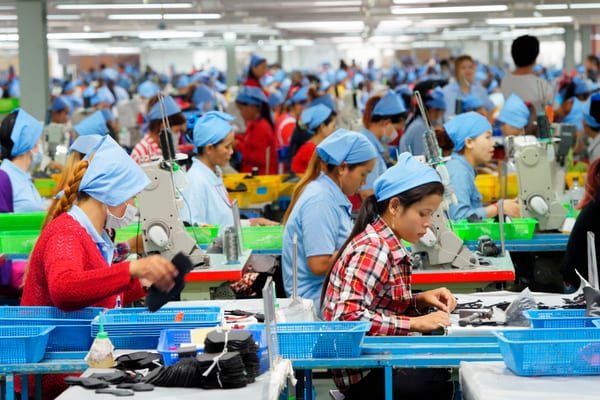Migrant worker wages and payslips
21 February 2019

Most people who migrate for employment do so in order to earn a better wage than is available to them in their home countries. Many will use their salaries to send remittances back to their families. In many migration corridors migrant workers will pay large recruitment fees to secure employment abroad. All of these factors make it critical that migrant workers are paid what they expect, regularly, and on time. As well as serious economic impacts, late or non-payment of wages has a major and damaging psychological effect on workers, and is very often at the heart of labour disputes.
This IHRB Briefing looks at the importance of paying workers in full and on time. It includes information on:
- the international legal standards
- what should be in a payslip
- the limitations of wage payment protection systems
- wage- and payslip-related indicators of forced labour
- what businesses should do
- the benefits of digitised payment systems
- and more
Download the briefing
This Briefing forms part of a larger series, including briefings on migrant worker accommodation and on trade unions.


